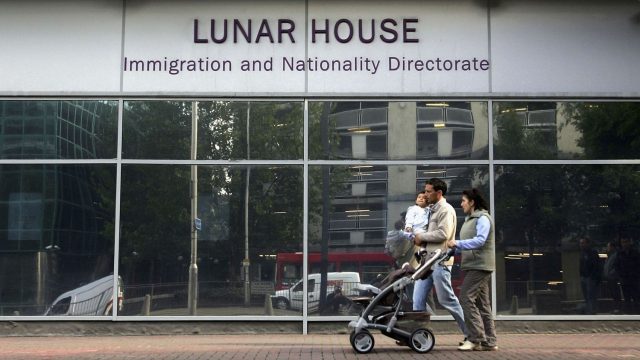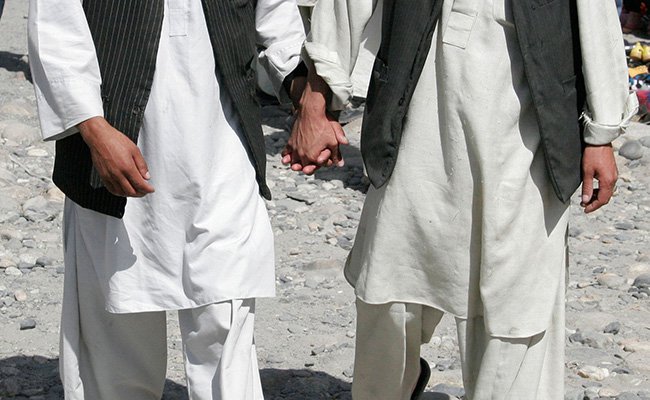
The Home Office is encouraging LGBT refugees to go back in the closet.
Under new government guidelines, the UK is denying asylum to gay Afghan refugees, says they’ll be safe in their home country if they “pretend to be straight.”
The guide was released last month by the Home Office and has drawn heavy criticism from human rights groups who argue that the document is in violation of international law.
“The Home Office’s approach seems to be telling asylum seekers, ‘Pretend you’re straight, move to Kabul and best of luck,’” said Heather Barr, a senior researcher at Human Rights Watch. “Living a life where you are forced to lie every day about a key part of your identity, and live in constant fear of being found out and harassed, prosecuted or attacked, is exactly the kind of persecution asylum laws are supposed to prevent.”

While the recommendations recognize the dangers of being LGBT in Afghanistan—namely that openly expressing same-sex attraction is punishable by death—they conclude by saying that because the government hasn’t recently prosecuted anyone for homosexuality, a closeted person could safely live in the capital city of Kabul.
“Subject to individual factors, a practicing gay man who, on return to Kabul, would not attract or seek to cause public outrage, would not face a real risk of persecution,” the document reads. “In the absence of other risk factors, it may be a safe and viable option for a gay man to relocate to Kabul, though individual factors will have to be taken into account.”
This advice goes directly against guidelines set forth by the United Nations, which dictate that LGBT refugees should not be required to change or conceal their identity to avoid persecution.
“These Home Office guidance notes… openly acknowledge that LGBT people are at risk, but also state that they can escape persecution if they are careful not to attract attention by hiding who they are,” said Paul Twocock, director of campaigns, policy and research at Stonewall.

“This is unacceptable and leaves LGBT people in danger. We strongly urge the government to change its approach.”
The Home Office’s own Afghanistan unit has also come out against the guide, stating that a decrease in prosecutions against the LGBT community doesn’t correlate with an increased openness.
“There is very little space in Afghan society, in any location, to be an individual that openly identifies as LGBT,” the unit said in a statement. “Social attitudes and the legal position of homosexuality means that the only option for a homosexual individual, in all but the very rarest of cases, would be to conceal their sexual orientation to avoid punishment.”
For its part, the Home Office has declined to comment specifically on the document, stating only that if “someone is found to be at risk of persecution or serious harm in their country of origin because of their sexuality or gender identity, refuge will be granted.”







